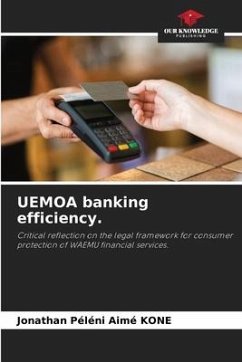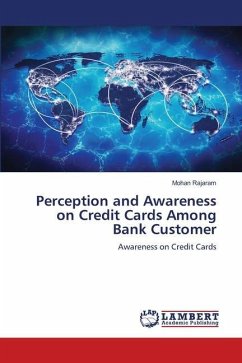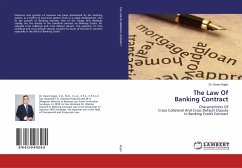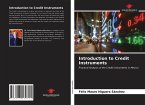Faced with the challenges of our contemporary society, in the light of the policy of financial inclusion advocated through the West African Economic and Monetary Union (WAEMU), the growing internationalization of trade is breaking completely with the traditional fragmented and autarkic trade system. Under the combined effect of capital mobility, a consequence of the triumph of the liberal economic doctrine, and the retreat of state interventionism, we are now witnessing a growing opening up of markets with strong interaction between economies. Consequently, it remains essential to question the legal and institutional environment likely to protect consumers from the abuses of financial systems.
Bitte wählen Sie Ihr Anliegen aus.
Rechnungen
Retourenschein anfordern
Bestellstatus
Storno








